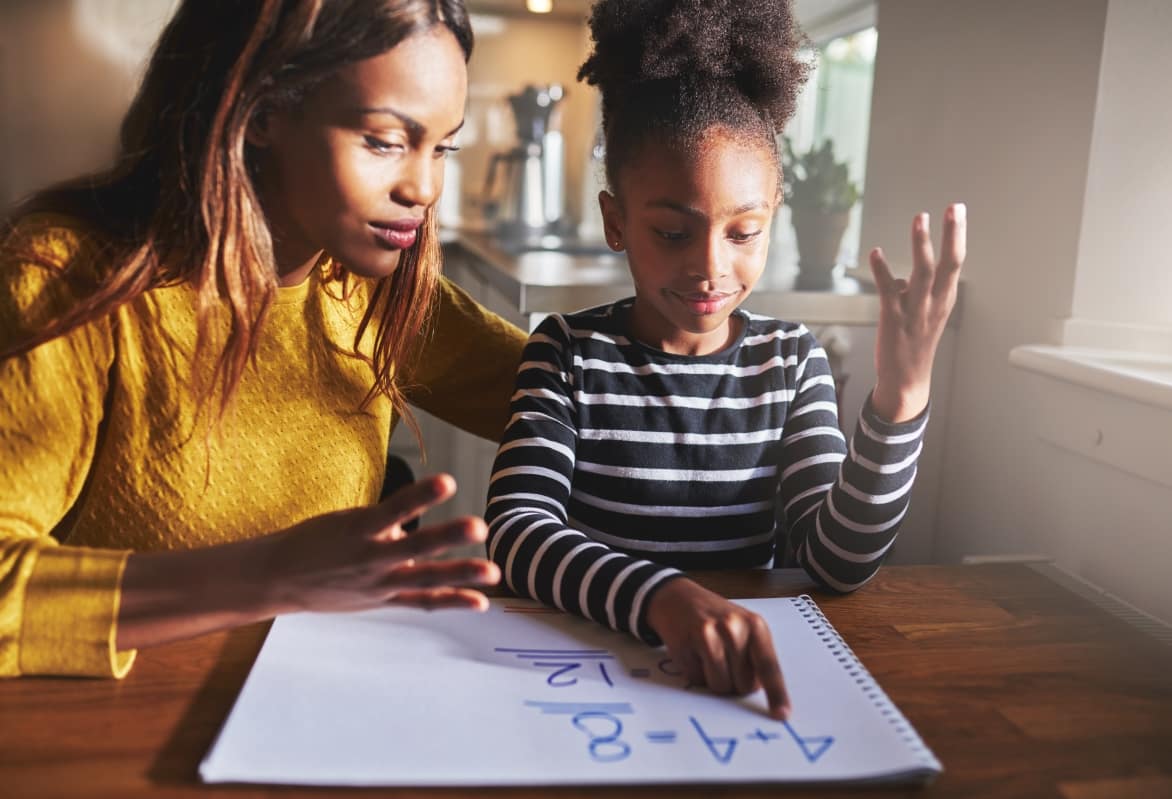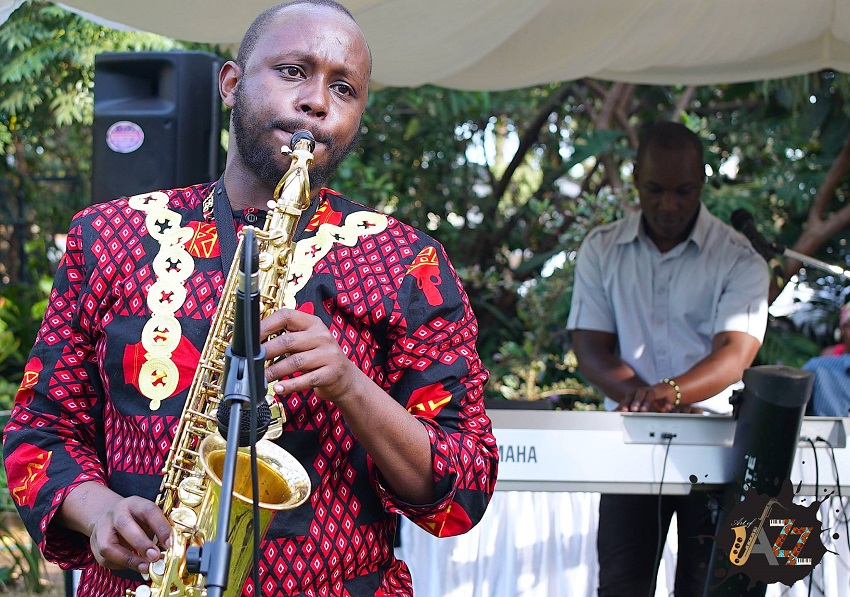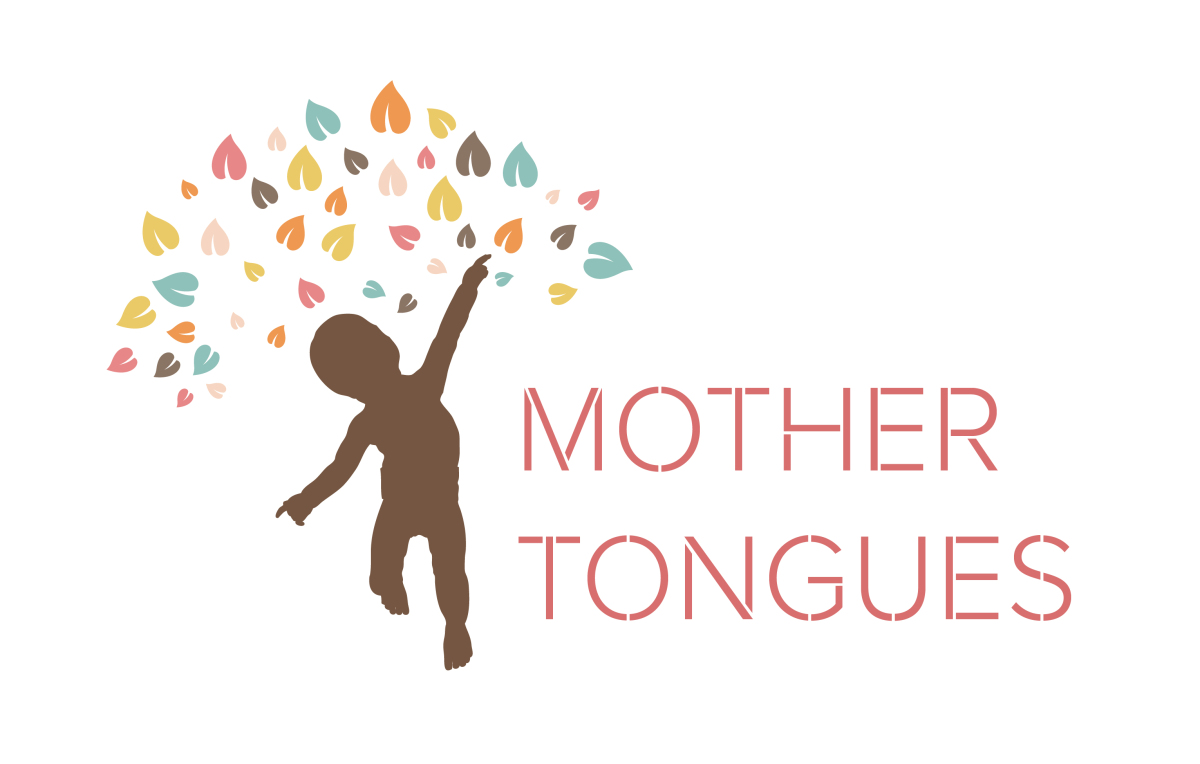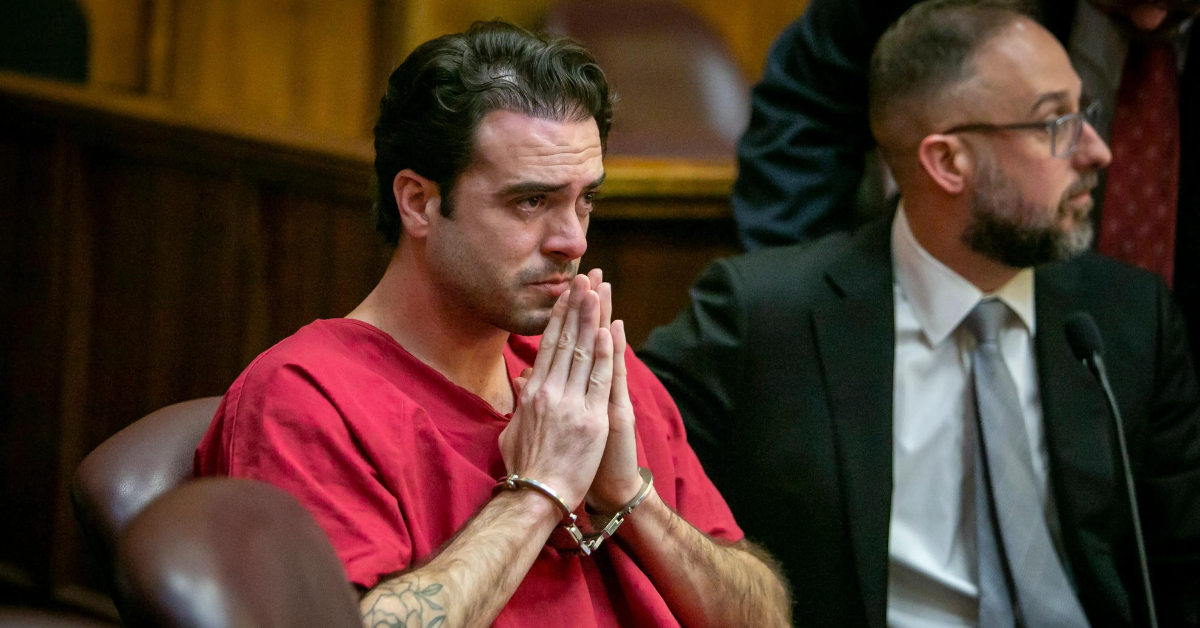- Providing masks to all students and faculty
- Smaller class sizes
- Spacing desks one meter apart.
- Placing thermal scanners at the entrance of classes to monitor everyone's temperature
- Suspension of P.E.
- Hand sanitizer dispensers available throughout schools
- Consistent disinfecting of surfaces .
Schools have been advised by the education ministry to ensure that handwashing facilities are placed outside each classroom and office, outside dormitories, kitchens, dining halls, gates and playing fields.Schools have reopened. This is a class session in Kisii county.#BackToSchool || Karen || CS Magoha || #NDIIceit pic.twitter.com/CLoTbY5knP
— UntitledHK?? (@UntitledHK) October 12, 2020
Isn't that grand? It's been 57 years since attaining nominal "independence" and water is a scarce resource in Kenya. Schools that can barely put up latrines have been instructed to stock up on liquid hand soap, and have thermo temperature guns in all classrooms. A sick bay must also be established and a qualified nurse engaged. The non-teaching staff will need to be equipped with personal protective gear and the cooks in the kitchen will require food-handling certificates. To adhere to the one-metre social distancing rule, the average public school in Kenya would need 68 classrooms. But a sudden increase in classroom space is unlikely to happen. The Education Cabinet Secretary, George Magoha, has proposed the installation of temporary tents and the use of teleconferencing by teachers to ease congestion. The government also says that pupils found sharing textbooks and stationery shall be considered "public health offenders". If they had provided enough resources for our kids, we wouldn't be in this situation in the first place. Who's going to fund all these? You (parent/guardian) and the school. The coronavirus has laid bare the government's failings in the education sector over the last six decades. It has taken a pandemic for many parents and teachers to realize that the education system in Kenya needs a complete overhaul. For our kids to survive The "New abnormal" we will need to hold the state accountable for our taxes. We need to demand more funding for education and acknowledge that during these surreal times, educating kids takes a village and everyone needs to come through for the children who don't have the resources to navigate a COVID-19 world.*Image: CourtesyCS Magoha: No sending children home because of fees, pregnancy, online classeshttps://t.co/R9anMRUaRz pic.twitter.com/mL0MLbibNJ
— NTV Kenya (@ntvkenya) October 12, 2020





